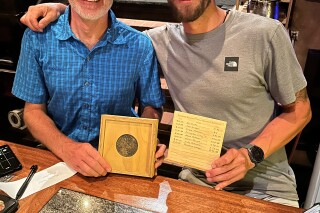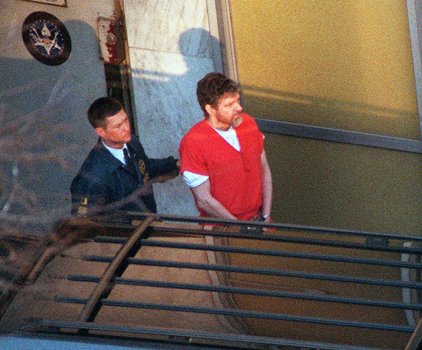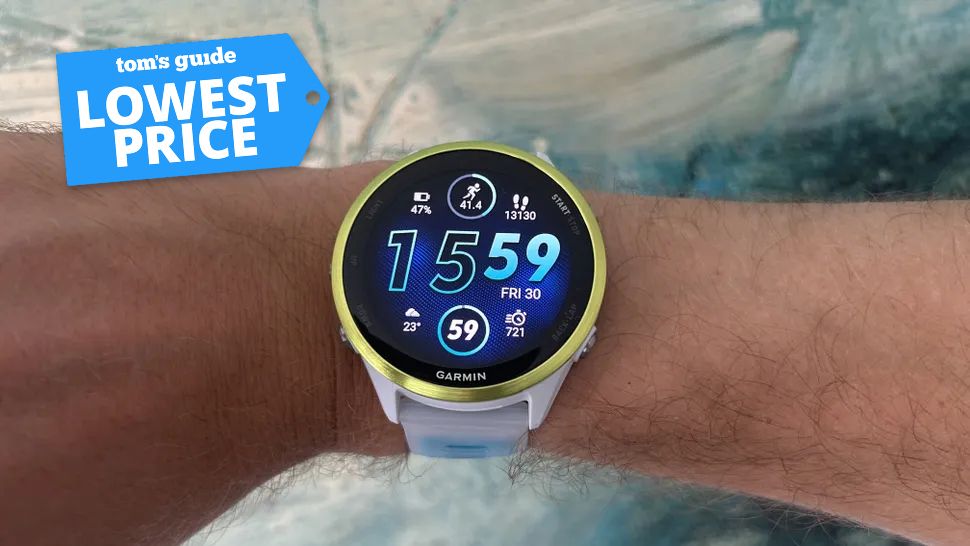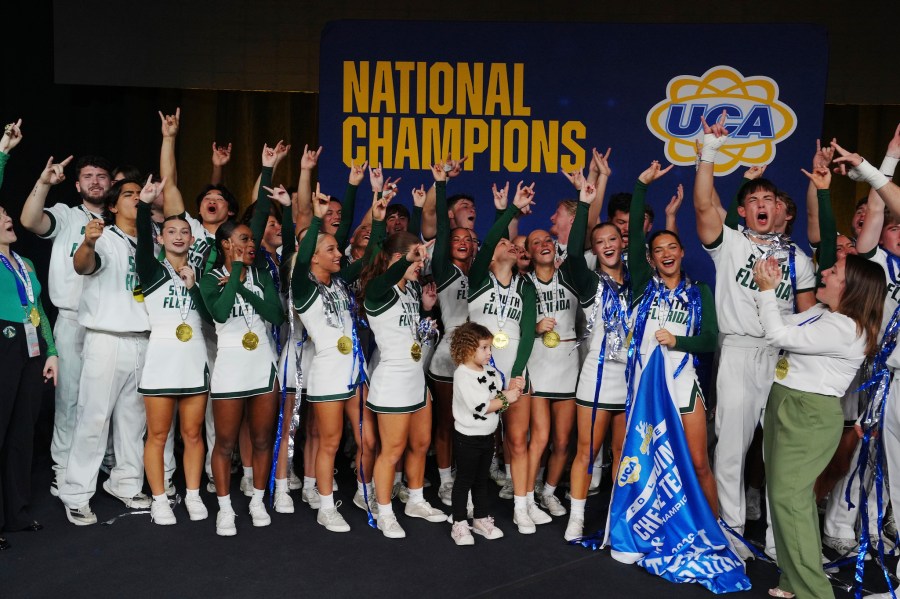
UPDATE: A record-breaking run by Michelino Sunseri at Grand Teton has sparked controversy as he faces legal repercussions for using a forbidden trail. Sunseri achieved a stunning time of 2 hours, 50 minutes, 50 seconds on September 2, 2024, but was subsequently charged with a misdemeanor for allegedly shortcutting designated trails in the national park.
This incident has ignited a heated debate about government enforcement of park regulations. Federal prosecutors claim Sunseri violated rules clearly stated online and at park entrances. His actions have led to a wave of support, with “Free Michelino” stickers appearing throughout Jackson, Wyoming. Sunseri’s supporters, including some members of Congress, argue the prosecution reflects excessive government control.
In a recent development, federal prosecutors announced they might dismiss the charge if Sunseri complies with certain conditions over the next year. A critical hearing is set for Tuesday, marking a pivotal moment in this ongoing saga.
Sunseri, 33, ascended Grand Teton, one of the highest peaks in the American West, sharing the trail with holiday hikers. His ascent was marked by challenging terrain, featuring boulders as large as houses and treacherous switchbacks. During his descent, he briefly left the main path, opting for the Old Climber’s Trail to avoid hikers. Although he asserts this decision was made for safety, it has led him into the courtroom.
Sunseri defended his actions by noting that other record-holders, including renowned athlete Kilian Jornet, have previously used similar routes without consequence. He stated, “I didn’t want to be yelling at people to get out of my way.” His remarkable achievement has been overshadowed by the legal fallout; the court’s decision could set a precedent for future park regulations.
Critics of the prosecution cite a lack of clarity regarding the trail rules. Sunseri’s attorneys argue that signage along the Old Climber’s Trail does not explicitly prohibit entry, reflecting an outdated state of the trail. “If they really wanted to close that trail, they could plant seeds and put a log down,” said Joey Wilson, an ultramarathoner and friend of Sunseri.
The legal battle has drawn attention from Congress, with U.S. Rep. Andy Biggs, R-Ariz., sponsoring legislation aimed at changing how such regulations are enforced. He described Sunseri’s case as a “prime example of the problem of overcriminalization.”
This case has broader implications beyond the running community. Sunseri’s achievement is not currently recognized on fastestknowntime.com due to the ongoing legal issues, highlighting the intersection of sports, legality, and park management.
As the hearing approaches, supporters hope for a favorable outcome, while Sunseri remains focused on his passion for extreme running and the challenges that lie ahead. The unfolding story raises significant questions about the balance between personal achievement and regulatory enforcement in America’s national parks.







